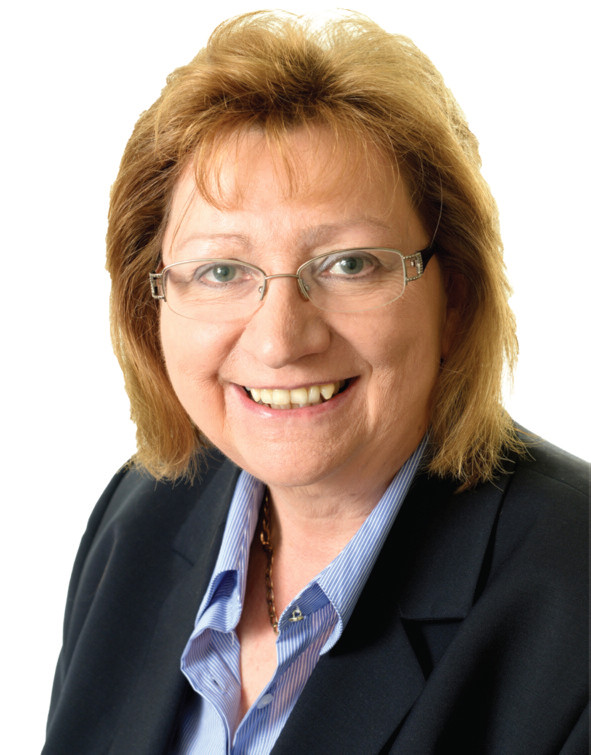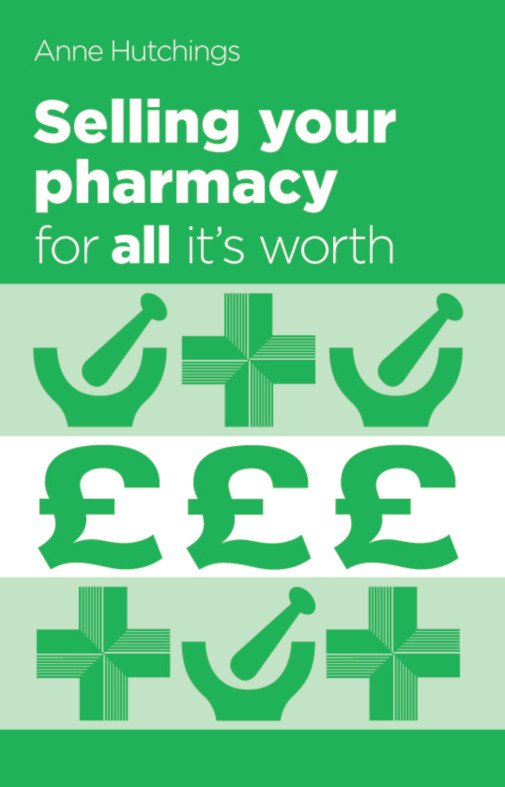Minimising tax liabilities on a sale
Record learning outcomes
 Selling a pharmacy can be a minefield but help is at hand in a new book from pharmacy sales expert Anne Hutchings. In the fourth of 12 monthly extracts, Anne advises on how to structure a sale to minimise your tax liabilities
Selling a pharmacy can be a minefield but help is at hand in a new book from pharmacy sales expert Anne Hutchings. In the fourth of 12 monthly extracts, Anne advises on how to structure a sale to minimise your tax liabilities
Tax does matter€“ and tax planning is an essential part of any business sale. When you sell your pharmacy, it's not the price you get that is important, but what you are left with after tax. If you are a sole trader or partnership, your tax position should be straightforward. You will pay capital gains tax on the sale proceeds of the business after deducting the acquisition cost and incidental expenses relating to its sale and purchase.
Capital gains can be taxed at up to 28 per cent. However, most pharmacy owners will benefit from Entrepreneurs' Relief (ER), which means that they are taxed at 10 per cent on the first £10 million of any gains made on disposal of their business. Any amount over that will be taxed at the standard rate. You should qualify for ER providing you have owned the business for at least a year.
If you own more than one business, ER can be claimed more than once; however a lifetime limit of £10m applies. If you own the premises from which the business trades and sell this with the pharmacy, the property may also qualify for ER, although the rules are more complicated. Consider the timing when planning the sale of your pharmacy. The date on which you sell will determine when you have to pay any capital gains tax, which will be due on January 31 following the end of the tax year in which the gain is made.
The tax year ends on April 5, so if you sold your pharmacy on March 31, 2015, the tax would be payable in January 2016. If you deferred the sale to April 30, 2015, the tax would not be payable until January 2017.
Setting a date
For tax purposes the date that the exchange of contracts occurs prior to completion will normally determine when your tax liability arises.
To gain maximum cashflow advantage make sure that you exchange contracts just after the start of the new tax year.
Typically the price agreed for the sale of your pharmacy will be for the goodwill and fixtures and fittings €“ so how should the price be allocated to these two items?
If you are entitled to ER it is usually beneficial to have as much as possible of the agreed sale price allocated to goodwill. If you trade through a limited company the first thing to consider is whether you are selling the assets and keeping the company, or selling the whole company. An asset sale involves selling the pharmacy goodwill, as well as fixtures, fittings and stock, and leaves you still owning the company.
The proceeds of the sale will be paid into the company, and the company will pay corporation tax on the gain. If you want to take the money out of the company, you will have to pay tax on it personally. For many people this double taxation can be extremely expensive.
The alternative is to sell the whole company including all its assets and liabilities. This means that you will only pay tax once on the gain made from the sale of your shares. For most owners a share sale is the best route to minimise any tax liability but there are exceptions e.g. where the company owns other assets that aren't being sold.
The reason why it is more tax efficient for most pharmacists to sell the company is because it raises a capital gains tax liability. Since most pharmacy owners will qualify for ER, this allows any gains to be taxed at 10 per cent. To qualify for ER the shares being sold must be in your personal company €“ where you own at least 5 per cent of the ordinary shares and voting rights.
You must also be an officer or employee of the company and it must be a trading company or the holding company of a trading group. Be careful if the company has substantial other investments or its non-trading assets are substantial compared with its total assets as it may not qualify as a trading company. If your gains are likely to exceed the £10 million limit for ER you should take advice from a tax expert as soon as possible.
If you sell the shares in your company, the date the sale completes will determine when you have to pay the tax on the capital gain that you make. If you sell the assets and keep the company, the company tax will be payable nine months after your company year end. If the sale is happening close to your company's year end, it may be worth delaying it to the start of your new tax year.
 Anne Hutchings has been dealing with community pharmacists for over 20 years and has built up her company, Hutchings Consultants, to be the UK's largest independent pharmacy sales agency. 'Selling your pharmacy for all it's worth' (£12) can be ordered from Amazon (ISBN 9781 7846 22411) or from Hutchings Consultants. For a free copy (while stocks last) complete the form online at hutchings-pharmacysales. com or send a cheque for £12 (payable to Hutchings Consultants) to Hutchings Consultants Ltd, Maple House, 53-55 Woodside Road, Amersham, Bucks HP6 6AA
Anne Hutchings has been dealing with community pharmacists for over 20 years and has built up her company, Hutchings Consultants, to be the UK's largest independent pharmacy sales agency. 'Selling your pharmacy for all it's worth' (£12) can be ordered from Amazon (ISBN 9781 7846 22411) or from Hutchings Consultants. For a free copy (while stocks last) complete the form online at hutchings-pharmacysales. com or send a cheque for £12 (payable to Hutchings Consultants) to Hutchings Consultants Ltd, Maple House, 53-55 Woodside Road, Amersham, Bucks HP6 6AA